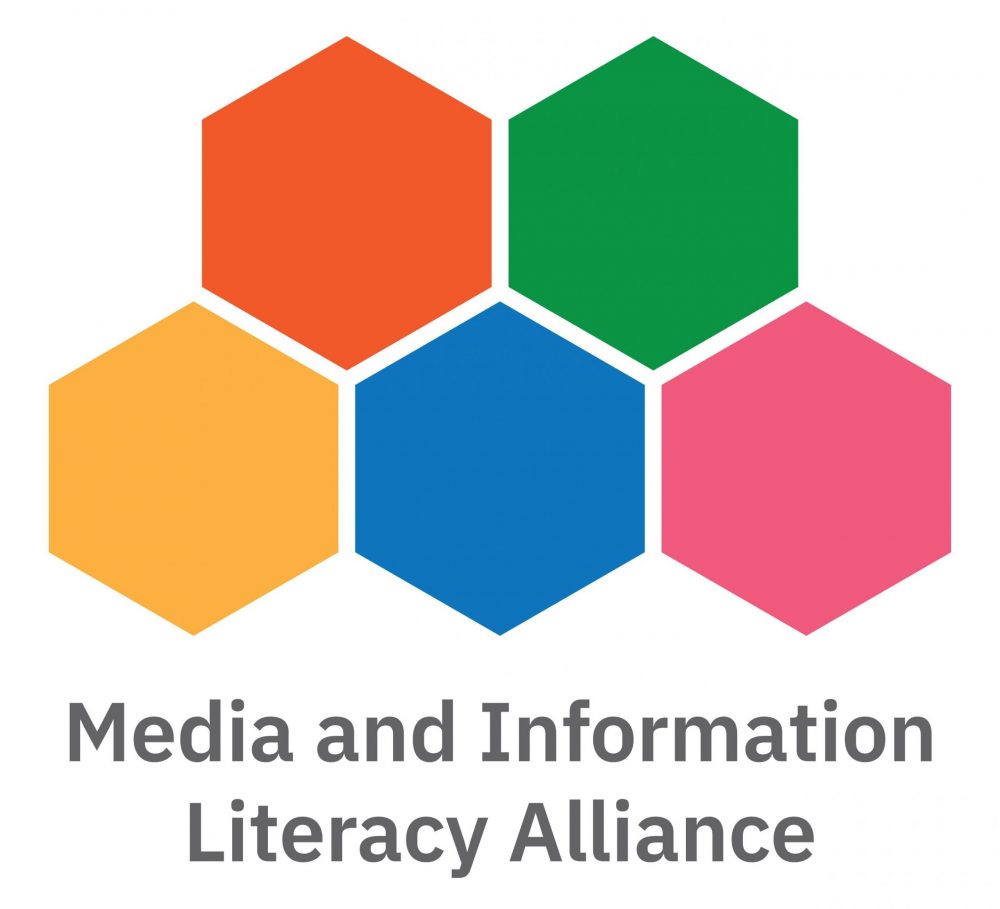How might information literacy be better recognised as a vital contribution to society? This is a question which the Information Literacy Group, among others, has been pondering for years. We have been acutely aware that, though librarians have long recognised the importance of IL, in the UK (and particularly in England) it has been more difficult to explain its relevance beyond the realm of the information profession. In that sense, IL has been hidden from view, largely eclipsed by a focus on basic digital skills and ICT know-how, well below the radar of policymakers and other relevant players.
We hope that will soon, change with the emergence of the new Media and Information Literacy Alliance (MILA), for which the groundwork has been laid these past few months. The Alliance recognises the close relationship between media literacy and information literacy; in line with the approach favoured by UNESCO over the past ten years, it treats the two concepts as one. MILA’s purpose is thus to promote media and information in the UK as a fundamental building block for a healthy, inclusive, democratic society. It will achieve this by providing an open platform for collaboration and knowledge exchange, and by serving as a vehicle for advocacy, capacity-building, research and programme delivery. Initially, the Alliance is co-sponsored jointly by CILIP and the Information Literacy Group, but it is expected that, once it becomes more established, its ‘base’ will be broadened.
There is an underlying and timely reason for taking forward this initiative now. In July, the Department for Digital, Culture, Media and Sport (DCMS) set out the UK Government’s Online Media Literacy Strategy, which includes key sections specifically on information literacy. For the first time, the UK has a national, strategic framework for media and information literacy (although the Strategy is the work of a UK Government Department, in practice it applies mostly to England, because media literacy is a devolved issue). This is backed up with a commitment by DCMS to implement relevant measures through annual action plans. One of the Strategy’s key proposals is a call for better coordination between different stakeholders, across all relevant sectors, to help develop media and information literacy interventions. MILA fits neatly with this intention.
Already, MILA has attracted some attention, with nearly 80 individuals and organisations signed up. There have been useful conversations with DCMS and Ofcom, the UK media regulator. Oher organisations that have expressed an early interest include the Association for Citizenship Teaching, the Guardian Foundation, the Library Campaign, the National Literacy Trust, Newsguard, the Wikimedia Foundation and the WEA (Workers Educational Association) as well as numerous individual librarians and academics. It’s still early days and the initial list of players is expected to grow.
An initial round-table meeting took place on 26 August, and this helped lay the ground for activities over the coming weeks. In the first instance, MILA is setting out an attractively produced framework which illustrates how media and information literacy relates to everyday and lifelong experiences. And MILA is looking to scope a systematic review of media and information literacy, which will help to develop the evidence base in this area; an initial meeting to lay the ground for this project takes place in early November. MILA is also contributing to UNESCO’s Global MIL Week, taking place from 24 to 31 October. We will be running two free webinars:
– On 28 October, from 12:00pm to 1:00pm, ‘The Media and Information Literacy Alliance: a timely webinar’, introduced by Nick Poole, CEO of CILIP; Dr Jane Secker, chair of the Information Literacy Group; and Anne-Lise Harding, Deputy Chair of the Information Literacy Group. Further information and registration details.
– On 29 October, from 3:00pm to 4:00pm, ‘Celebrating UNESCO Global MIL Week 2021 in Scotland: a look at the Media and Information Literacy Alliance and the Maddie is Online digital literacy project. This will be introduced by Dr Dina Martzoukou, Teaching Excellence Fellow and Course Leader for the MSc Information & Library Studies programme at Robert Gordon University in Aberdeen; and Jacqueline Geekie, Support Librarian for Live Life Aberdeenshire Libraries. Further information and registration details.
The Alliance now has its own website, at mila.org.uk. If anyone would like to register their interest and join the mailing list, please complete this short form. And if you have any questions, please feel free to contact Stéphane Goldstein at sg@informall.org.uk.

